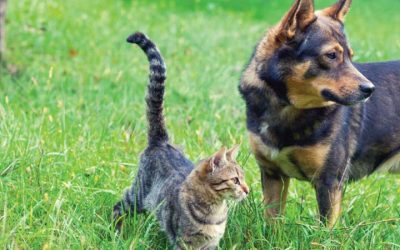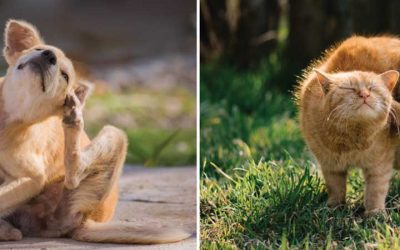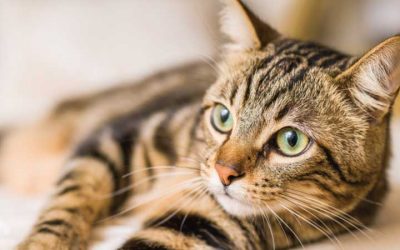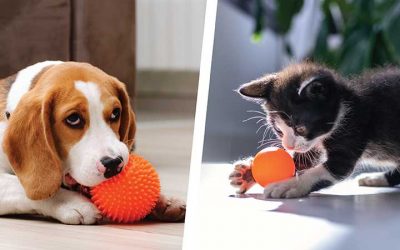
Pinkeye, also known as blight and infectious bovine keratoconjunctivitis.
Pinkeye is caused by a number of organisms, and creates weeping of the eye initially, followed by a pink raised lesion in the middle of the eye, before a white accumulation in the eye asppears.
Sometimes the white accumulation is under the surface of the eye and requires intramuscular injections to treat.
As it warms up, flies become more prevalent and increase the spread of the organisms.
Some breeds are more susceptible to infection, such as Herefords and Friesian.
Depending on the stage where the disease is caught, treatment options include:
– The use of cream topically applied every 2 days
– Topically applying cream and eye-patching for more severe infections
– Oxytetracycline antibiotic injection
If the eye has ruptured, unfortunately, removing the eye is the best option.
There is also means for a subconjunctival injection with a mixture of penicillin and dexamethasone that leaks into the affected tissue and helps to heal quite effectively.
Prevention can be obtained through use of Piligard with 2 injections needed initially followed by an annual booster.
For more information please call us to discuss.
RELATED ARTICLES
Parasites
As the weather warms up, we start to see more parasite problems for all sorts of pets.Here are some of the more common parasites we come across, as well as some information on the problems they cause and how to get rid of them. Fleas Fleas are relatively easy to spot,...
Itchy skin and ear infections
Around springtime, we often see an increase in itchy skin (dermatitis) and ear infections in dogs and cats. How to spot itchy skin You should know almost right away if your cat or dog has dermatitis. Here are a few of the common signs: Constant scratching, licking, or...
Feline AIDS
The Feline Immunodeficiency Virus (FIV) causes feline AIDS and is relatively common in Australia and New Zealand, with up to 25% of domestic cats testing positive for the virus. This disease is incurable. It compromises the efficiency of a cat’s immune system by...
Keeping your pets active in winter
It can be hard to get out of your warm bed or off the cosy couch on a winter’s morning for exercise, and your pet can feel the same way too! It's important to continue exercising your pet in winter, as well as keeping them mentally stimulated. Being cooped up inside...
RELATED
ARTICLES
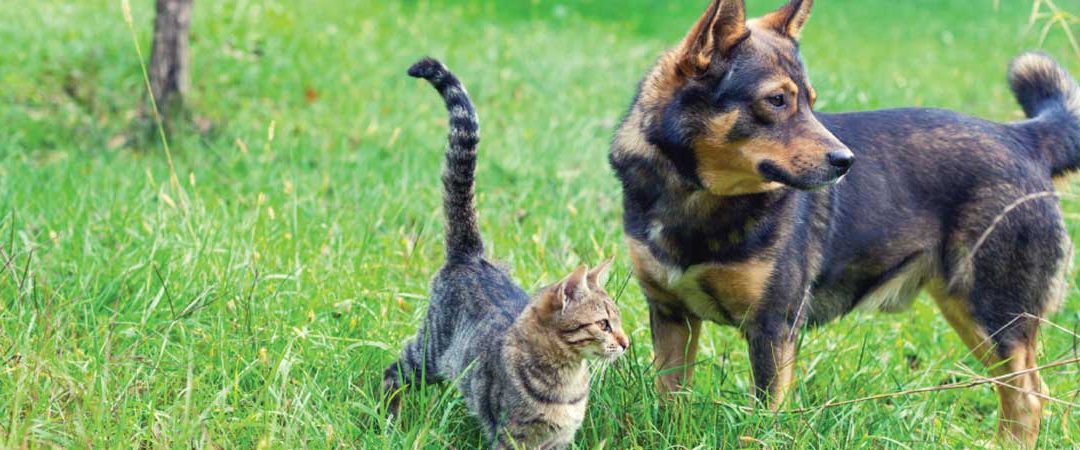
Parasites
As the weather warms up, we start to see more parasite problems for all sorts of pets.Here are some of the more common parasites we come across, as well as some information on the problems they cause and how to get rid of them. Fleas Fleas are relatively easy to spot,...
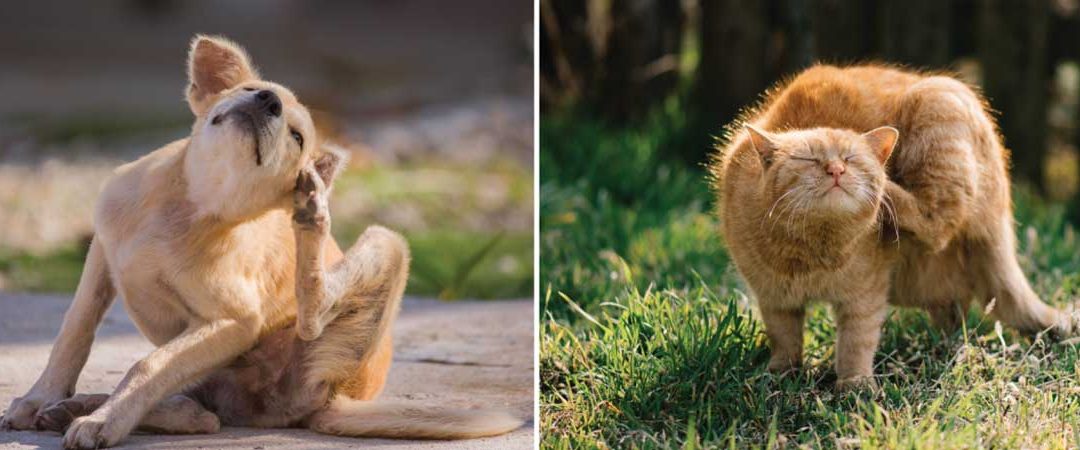
Itchy skin and ear infections
Around springtime, we often see an increase in itchy skin (dermatitis) and ear infections in dogs and cats. How to spot itchy skin You should know almost right away if your cat or dog has dermatitis. Here are a few of the common signs: Constant scratching, licking, or...
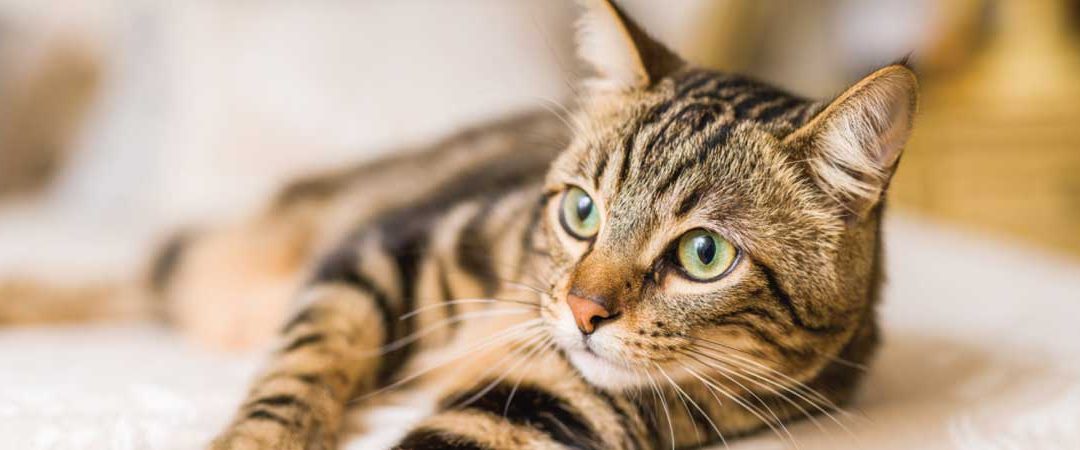
Feline AIDS
The Feline Immunodeficiency Virus (FIV) causes feline AIDS and is relatively common in Australia and New Zealand, with up to 25% of domestic cats testing positive for the virus. This disease is incurable. It compromises the efficiency of a cat’s immune system by...
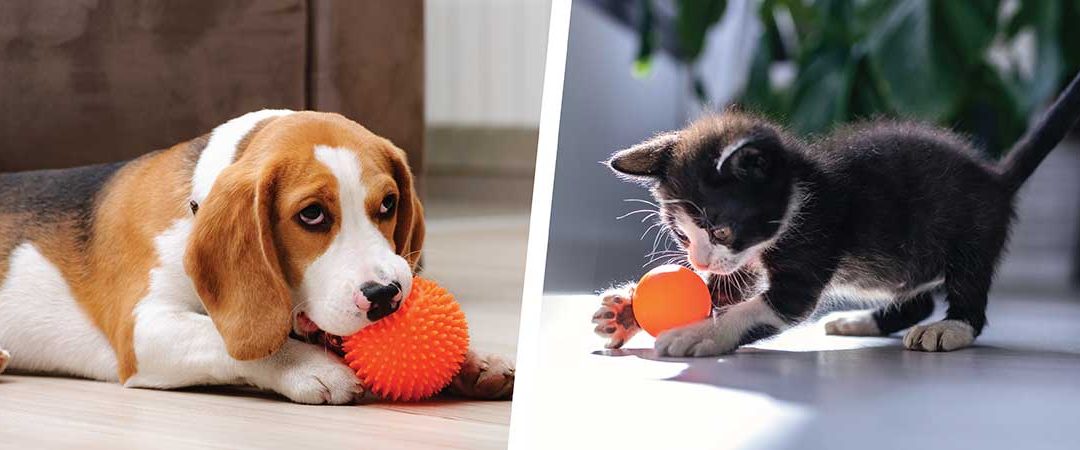
Keeping your pets active in winter
It can be hard to get out of your warm bed or off the cosy couch on a winter’s morning for exercise, and your pet can feel the same way too! It's important to continue exercising your pet in winter, as well as keeping them mentally stimulated. Being cooped up inside...
Call Us Today To Discuss Your Animal Needs
Business Hours Phone: 07 4693 2233




